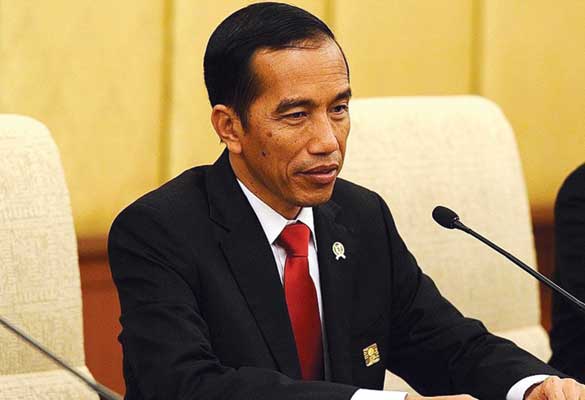The tough balancing act Jakarta must do as it strives to both tighten internet control and become Southeast Asia’s next innovation center has been made clear by Indonesia’s temporary ban on popular websites, including PayPal.
Under his Making Indonesia 4.0 agenda, Indonesian President Joko “Jokowi” Widodo has prioritized digital infrastructure in an effort to push his nation into the top 10 economies of the world.
However, even as Widodo promoted the digital economy, oversaw Indonesia’s rise to become Southeast Asia’s second-largest venture capital recipient, and served as the home to 13 tech unicorns valued at over USD 1 billion, his administration aimed to limit the impact of internet companies on the country’s more than 270 million citizens.
In the archipelago, where the success of startups like GoTo has fuelled bullish predictions that the digital economy could more than double in value to USD 146 billion by 2025, those efforts have included the introduction of a licensing system that the government claims is necessary to improve data protection and facilitate the removal of content that could “disturb public order.”
After failing to register for the licensing system, PayPal, Yahoo, and a number of gaming platforms were briefly prohibited, causing confusion among users.
In an interview with Al Jazeera, Jati Andito, a 34-year-old free-lance voice actress in Jakarta, said, “In the morning, I just saw the ministry had stopped PayPal.”
He further added that PayPal and the market are partners. If I don’t utilize PayPal, they won’t suggest my services.
After Yahoo and the gaming site Steam joined the framework after the initial deadline, Indonesia’s Ministry of Communication and Information Technology restored access to both websites in the next few days.
The ministry, which has previously justified the system as being required to “keep and strengthen the regulation of Indonesia’s digital domain,” has also temporarily eased the restriction on PayPal to give the firm till the following few days to register.
PayPal had recently announced that it had signed up with the system and that clients could send and receive money as usual.
The experience has sparked concerns about how favourable Indonesia’s regulatory climate is for tech firms, especially those from abroad, even if access to the sites was eventually restored.



